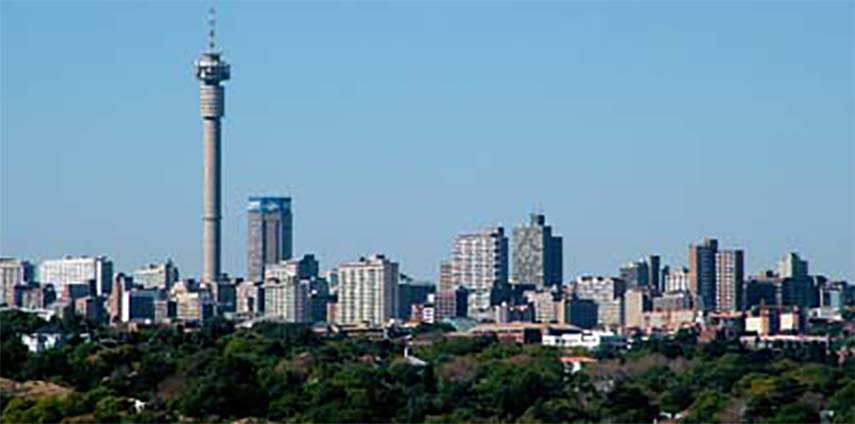Kathy Gibson at the Gauteng Provincial Government Technology & Innovation Conference – Gauteng aims to be a smart province, building on a vision of transformation and re-industrialisation.
As the economic, industrial and technological hub of South Africa, the province is already boast the most advanced road, rail and air links in Africa, as well as five multi-billion dollar cities.
The province contributes 62% of South Africa’s imports, is the fifth largest economy in Africa.
Modern cities are built on technological innovation, creating ecosystems where innovation can thrive, says Barbara Creecy, MEC: finance and e-governance of the Gauteng Provincial Government.
“The world is experiencing unprecedented levels of technological innovation that are changing all our lives,” she says.
“Technologies like 5G, machine learning, Internet of Things, automation, big data, blockchain and artificial intelligence are transforming everyday life, the workplace and all economic activity.
“The digital industrial revolution represents a new paradigm shift, and it’s important we understand the depth, breadth and pace of technology innovation.”
Creecy points out, that for Gauteng to take advantage of these technological changes, and manage the associated risks, strong technological innovation ecosystems will be needed.
“These ecosystems must enable is to promote innovation, expand job opportunities and optimise the benefits for all of us.”
Gauteng has the potential to become a hub of technological innovation, says Minister of Science and Technology Naledi Pandor. She believes the province could lead the Fourth Industrial Revolution for South Africa and the continent as a whole.
The World Economic Forum tells us we are standing on the brink of technological revolution of the scope unlike anything humankind has experienced before.
“The response to it must be integrated and comprehensive, involving all stakeholders,” says David Makhura, premier of Gauteng.
He points out that we are fast moving to a future where 41% of current jobs will be rendered obsolete by automation; and 35% of the skills considered important today will have changed beyond recognition, and others will have disappeared completely.
Experts warn that if developing economies are to grow they need to equip people with skills that will fit them for the new world.
“Africa cannot be left behind, and we cannot miss this train. We must craft a collective response to the challenges and opportunities brought by the fourth industrial revolution.”
Makhura says there is evidence that parts of the Gauteng economy are transitioning to the knowledge economy — ICT jobs in the province have increased by 20% over the last decade – but it is not fast enough.
“Gauteng is determined to be the leader in economic transformation,” he says.
Gauteng was the first province to focus on e-government, and has set up an innovation ecosystem that is at the centre of the unfolding industrial transformation of the provincial economy.
“The mining and manufacturing sectors — for many years the backbone of the economy — have reached their peak,” Makhura points out. “The trajectory of the services sector is also becoming flat, suggesting that it is also nearing its peak.
“The emerging and fast growing sectors of the economy are the knowledge-intensive sectors. Most investment are in firms in the knowledge and digital economy.”
Last year, software and IT firms in the province attracted the most foreign direct investment.
Progress has already been made in advancing the required skills, he adds. Gauteng is the most technologically intensive province in the country, with more than 80% of households having access to functional phones and more than 60% having Internet access.
Gauteng is enabling broadband access, with 100% connectivity planned. So far, the government has invested in the rollout of more than 1 500km of network fibre, with schools, health centres, libraries and community centres connected.
The Innovation Hub has already enabled new initiatives, and is being expanded, in partnership with national government. Meanwhile, innovation centres have been set up in townships, helping young people turn their ideas into viable businesses.
Partnerships with universities are also driving innovation by young people.
The smart schools programme aims to build the kind of skills the economy requires and is starting to transform the experience and skills profile of learners and teachers. So far 1 800 smart classrooms have been set up, and all now schools being built in the province are equipped as smart schools.
In addition, the Gauteng province set up a youth development programme in partnership with private companies to impart digital skills to 1-million young people.

